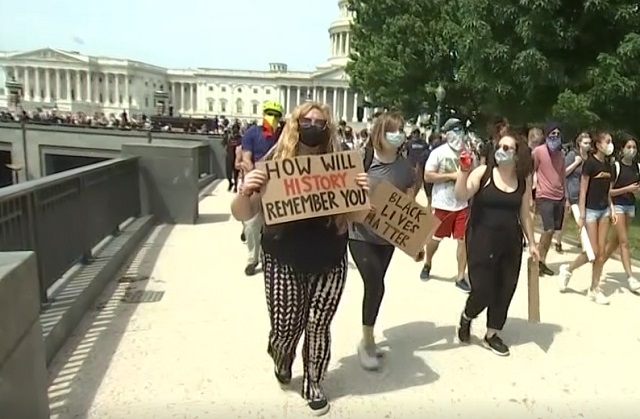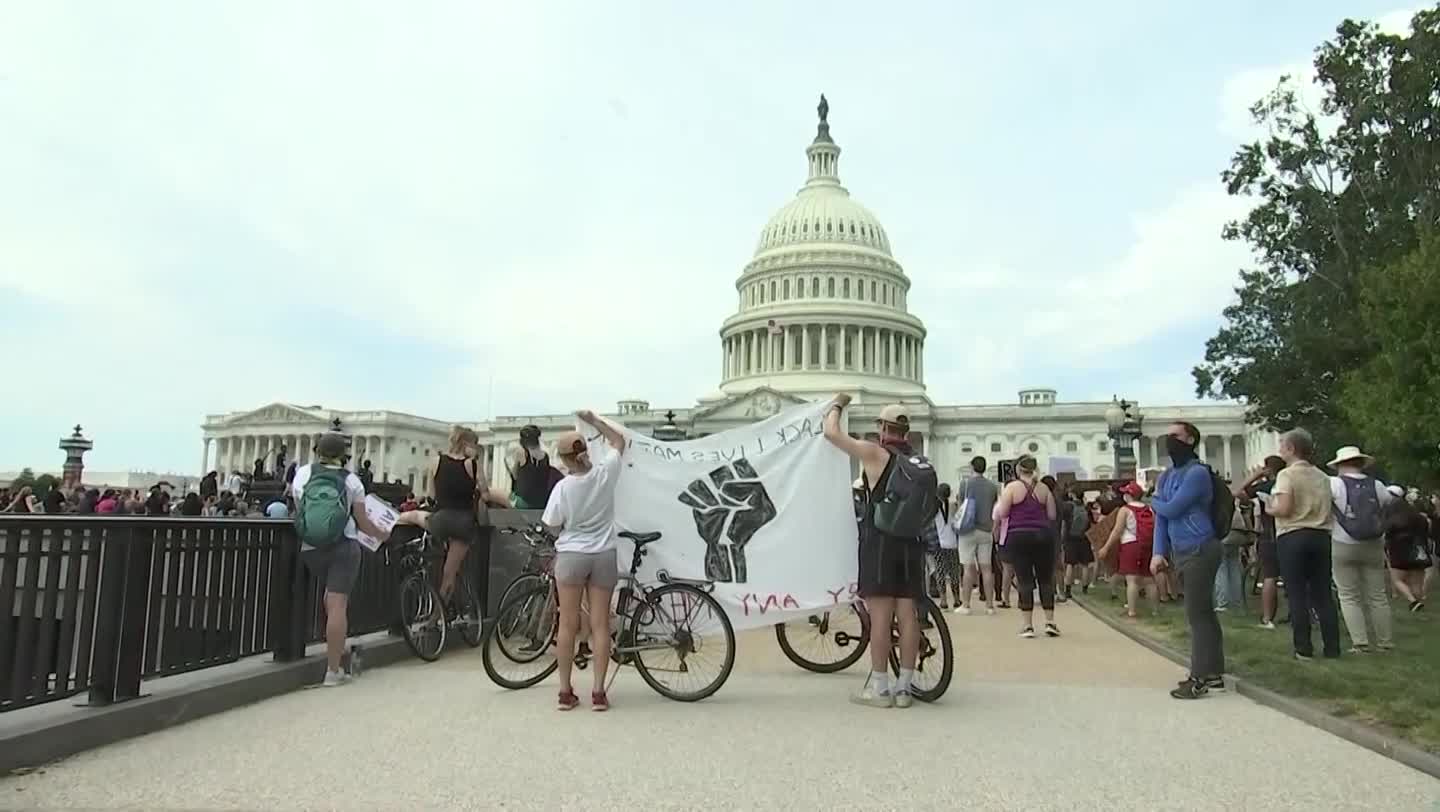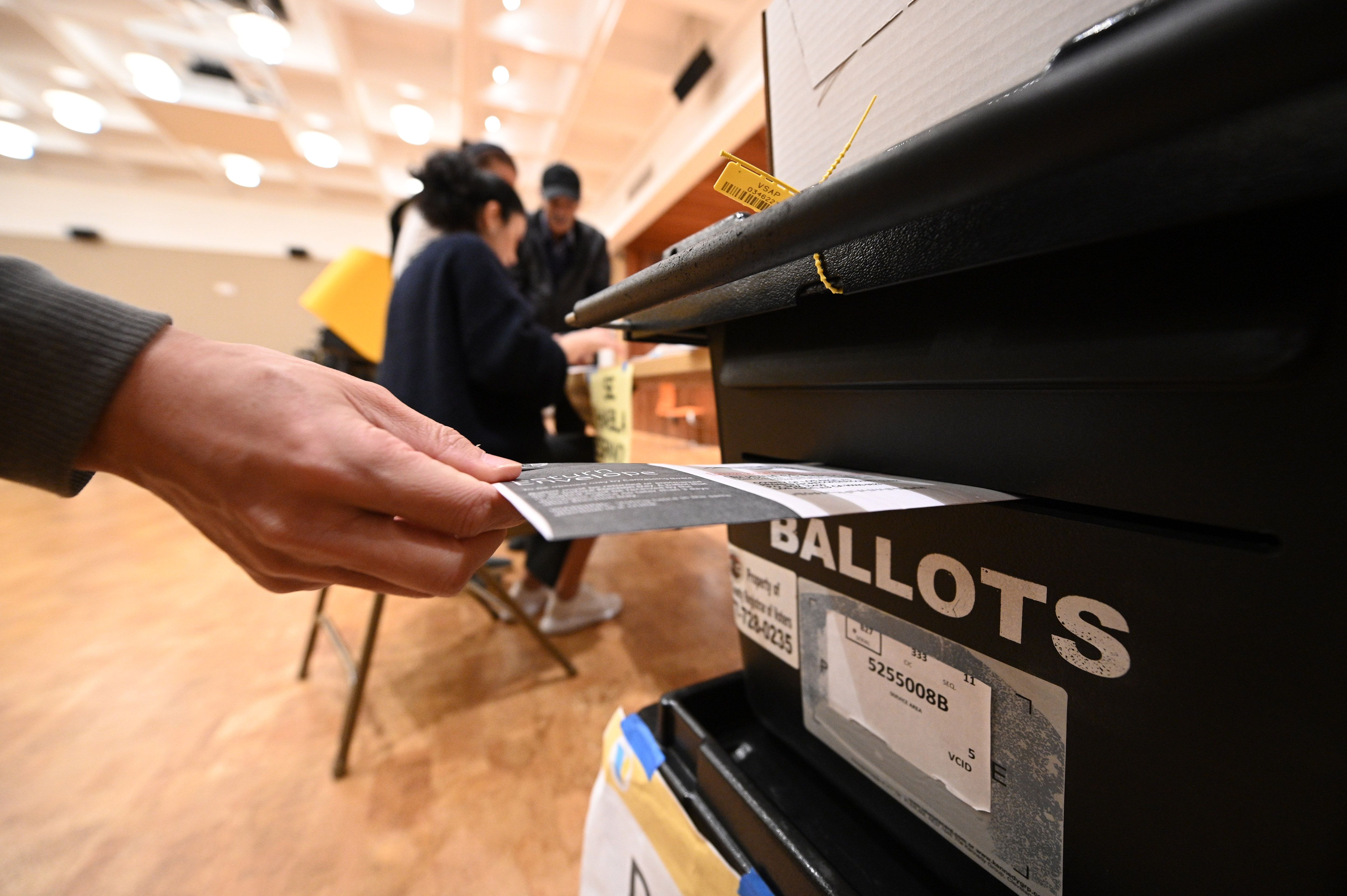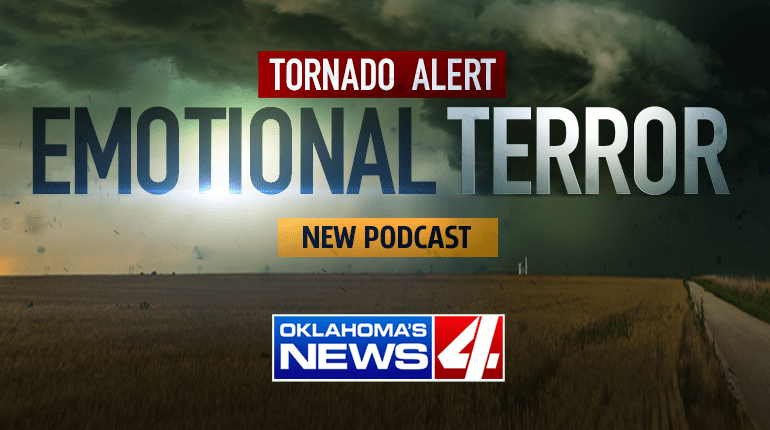NORMAN, Okla. (KFOR) – As confirmed cases of the novel coronavirus continue to climb in Oklahoma, city leaders in Norman are taking additional steps to prevent the spread of the virus.
On Tuesday, officials with the Oklahoma State Department of Health announced that there are 106 confirmed cases of COVID-19 in Oklahoma, including 22 cases in Cleveland County.
Health officials say three deaths have occurred in Oklahoma from the virus, including a Cleveland County woman in her 60s.
Hours after the new data was released, city leaders in Norman held a news conference to announce amended restrictions for the city’s response to COVID-19.
“We have seen a 37.5 percent increase in Cleveland County in one day,” said Norman Mayor Breea Clark.
As a result, Mayor Clark issued a stay-at-home order for residents and closed all non-essential businesses in accordance with Gov. Stitt’s order.
Residents are being told to stay at home as much as possible, only leaving their homes for essential acts like going to the grocery store.
“We do not have the luxury to wait for these things to get worse,” Mayor Clark said, adding that the order will be in effect for 21 days.
For purposes of this order, permissible “essential activities” will mean:
- To engage in activities or perform tasks essential to their health and safety, or to the health and safety of their family and close personal acquaintances, such as, by way of example only and without limitation, obtaining medical supplies or medication, visiting a health care professional, or obtaining supplies they need to work from home;
- To obtain necessary services or supplies for themselves and their family or household members, or close personal acquaintances, or to deliver those services or supplies to others, such as, by way of example only and without limitation, canned food, dry goods, fresh fruits and vegetables, pet supply, fresh meats, fish, and poultry, and any other household consumer products, and products necessary to maintain the safety, sanitation, and essential operation of residences;
- To assist in the preparation of food and drink for delivery and carry out, or to pick up food or drink for carry out.
- To engage in outdoor activity, provided the individuals comply with Social Distancing Requirements as defined in this Section, such as, by way of example and without limitation, walking, biking, hiking, or running;
- To perform work providing essential products and services at an Essential Business or to otherwise carry out activities specifically permitted in this Order; and
- To care for a family member, close personal acquaintance, or pet in another household.
The ‘stay-at-home’ order is in effect from midnight on Wednesday, March 25 through midnight on Tuesday, April 14.
“Our city and state are uniquely positioned to see what policy and initiatives around the world have been successful in slowing the spread of the coronavirus. The actions we are announcing today line up not only with what cities, counties and states are doing all over our nation, but it also follows the recommendation of what 15 different medical associations in Oklahoma believe is the necessary course of action to fight the spread of this virus. We join the Governor in taking decisive action to flatten the curve in our community,” said Mayor Clark. “We have already had one death in our city from COVID-19. I will not wait for another one before taking steps we know will save lives. We need to do this and we need to do it now.”
For the purposes of this order, essential businesses will mean:
- Healthcare Operations and Essential Infrastructure;
- Grocery stores, farmers’ markets, farm and produce stands, markets, food banks, convenience stores, liquor stores, and other establishments engaged in the retail sale of canned food, dry goods, fresh fruits and vegetables, drinks, pet supply, fresh meats, fish, and poultry, and any other household consumer products such as cleaning and personal care products. This includes stores that sell groceries and also sell other non-grocery products, and products necessary to maintaining the safety, sanitation, and essential operation of residences and persons;
- Food cultivation, including farming, livestock, and fishing;
- Human and animal food processing facility workers;
- Businesses that provide food, shelter, and social services, and other necessities of life for economically disadvantaged or otherwise needy individuals;
- Newspapers, television, radio, and other media services;
- Gas stations and auto-supply, auto-repair, and related facilities;
- Banks and related financial institutions;
- Hardware stores and stores that sell essential home appliances and related equipment;
- Stores that sell telecommunication and devices;
- Plumbers, electricians, exterminators, and other service providers who provide services that are necessary to maintaining the safety, sanitation, and essential operations of residences, Essential Activities, and Essential Businesses;
- Businesses providing mailing and shipping services, including post office boxes;
- Laundromats, dry cleaners, and laundry service providers;
- Railroads, rail systems, and other forms of public transit;
- Restaurants and other facilities that prepare and serve food and drink, but only for delivery or carry out. Entities that typically provide free food to members of the public may continue to do so under this Proclamation on the condition that the food is provided on a pick-up or takeaway basis only;
- Businesses that supply products needed for people to work from home;
- Businesses that supply other essential businesses with the support or supplies necessary to operate;
- Businesses that ship or deliver groceries, food, goods or services directly to residences;
- Airlines, taxis and other private transportation providers providing transportation services necessary for Essential Activities and other purposes expressly authorized in this Proclamation, as well as transportation maintenance services such as mechanics necessary to keep transportation services operational;
- Home-based care for seniors, adults, or children;
- Residential facilities and shelters for seniors, adults, and children;
- Professional services, such as legal or accounting services, when necessary to assist in compliance with legally mandated activities;
- Childcare facilities providing services that enable employees exempted from this Proclamation to work as permitted. To the extent possible, childcare facilities should operate under the following conditions:
- Childcare should be carried out in stable groups, preferably with 10 or fewer children (“stable” means that the same 10 or fewer children are in the same group each day with the same childcare provider);
- If more than one group of children is cared for at one facility, each group should be in a separate room and should not mix with one another.
One week ago, city leaders in Norman announced that dining-in at restaurants would be prohibited, but takeout or delivery options would be available.
Also, the city closed bars, lounges, taverns, private clubs, gyms, health studios, theaters, and commercial amusement facilities to prevent the spread of the virus.
As cases continued to grow, so did the restrictions.
Earlier this week, Mayor Clark announced that all barber shops, beauty parlors, health clubs, spas, and nail salons would be closed.
Also, retail establishments like grocery stores, pharmacies, warehouse stores, and restaurants open for take-out must implement social distancing protocols. As a result, there must be six feet between patrons in line, whether in front of or inside stores.
Officials with the U.S. Centers for Disease Control and Prevention urge Americans to practice social distancing and staying away from crowded areas as much as possible.
The virus is mainly spread from person-to-person, and symptoms usually appear two to 14 days after exposure. Officials stress that the most common symptoms are fever, cough, and shortness of breath.




























